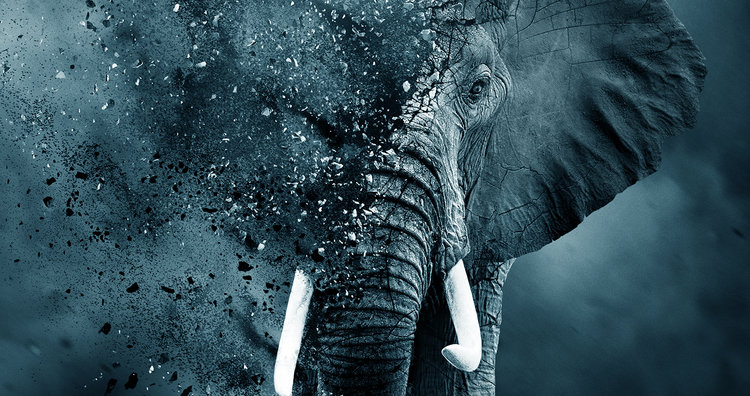Virtually soaring above Sub Saharan Africa in a small propeller plane, I am reminded of how much beauty and life is in the world as herds of zebra and wildebeest move against an expansive backdrop. Wild, untamed and resilient, the plains of Africa offer us a raw and uncensored look into nature for all its good and all of its challenges. But as the opening sequence of Netflix’s newest original documentary, The Ivory Game zooms closer into the landscape, a vastly different reality is exposed. One that requires a darker and more urgent vocabulary set.
Alongside a team of conservation activists, we as viewers infiltrate the hidden workings behind the illegal trade of ivory that has plagued not only Africa, but the world. This reality is perhaps closer akin to a war-zone than a Eden-like paradise in which humans and animals coexist in harmony.
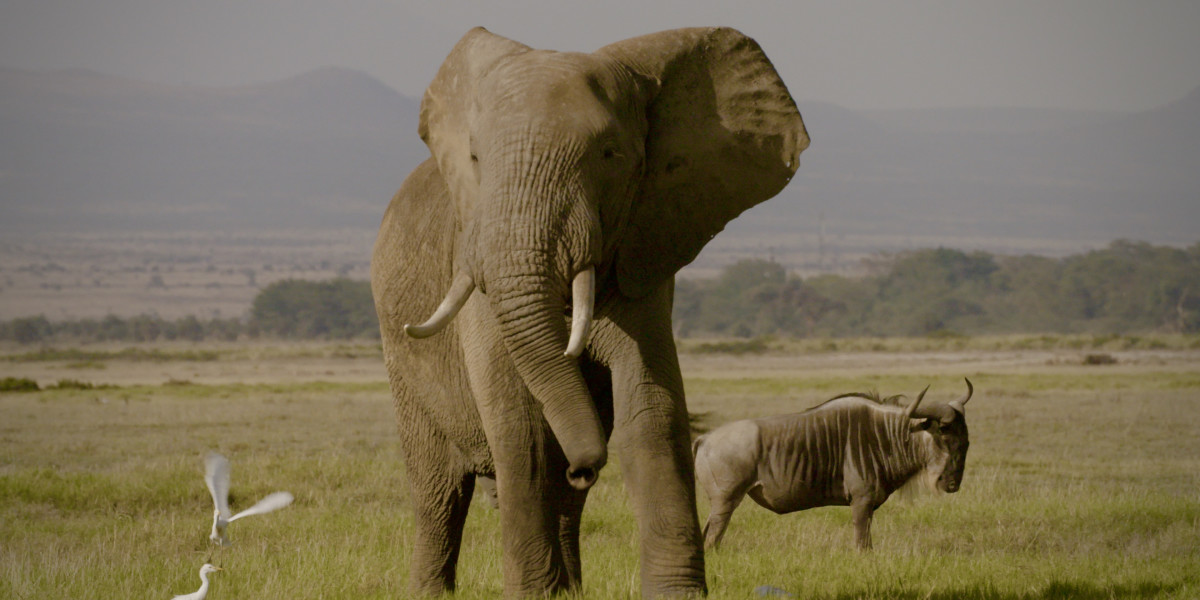
The illegal trade of ivory is the single biggest threat to elephants, and people are losing their lives in the fight to end it. In the past 10 years, an estimated 1,000 park rangers have died protecting these animals and the number increases with each year. The poaching of elephants for their tusks has historically affected more of central and western Africa, but as those populations have already been decimated by the trade, the criminal rings have pushed south and eastward into Kenya, Uganda and Tanzania. Southern Africa can be thought of as the final frontier in the fight to protect the world’s largest terrestrial mammal. On this battleground, forces converge in effort to reverse a growing trend and end one statistic.
Every 15 seconds, an elephant dies. If this multi-billion dollar trade cannot be reversed, elephants are estimated to be extinct within 15 years.
Incredibly intelligent animals, elephants themselves understand the target that their valuable tusks paint on their backs. Craig Millar, Head of Security at the Big Life Foundation, takes us into the bush in the film to meet one of the top 20 largest and most vulnerable elephants -“One Ton” – and describes how these elephants have learned to hide their tusks from humans when they feel threatened. So prevalent is the threat of poaching that they are learning that what makes them so beautiful and powerful is also the cause of their demise. They are even biologically adapting by growing smaller and smaller tusks as a mechanism of defense.
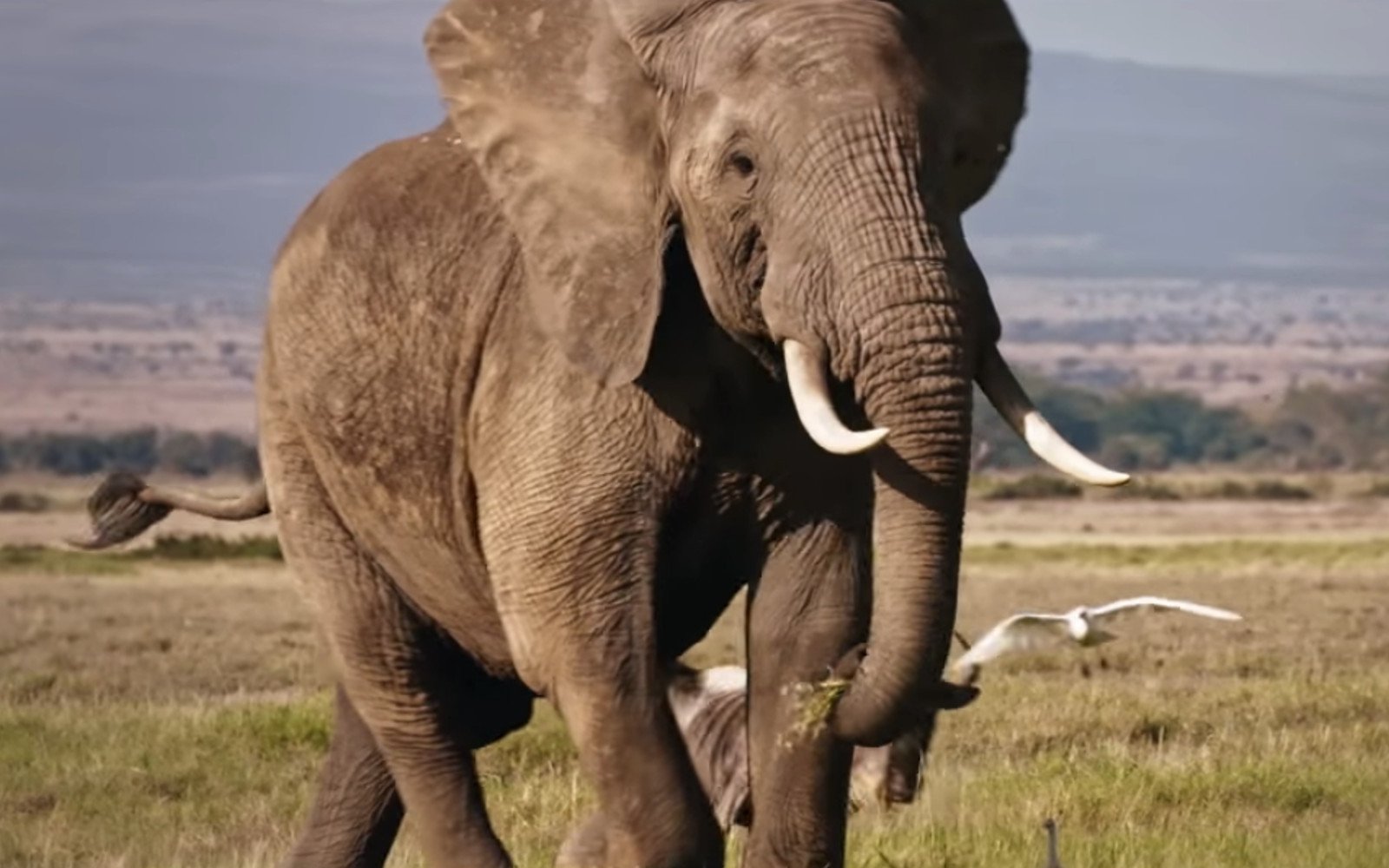
One of the most heart-wrenching scenes depicts a herd of elephants encountering the remains of a poached elephant. So deeply connected to one another and instilled with such a strong sense of community, the elephants pause to mourn the loss. One elephant soothes the dusted skeleton with its trunk and sprays dirt on it in an act of respect. Each member of the herd is not only aware, but visibly distraught and exhibits a confounding degree of emotional distress.
I am confident that if everyone realized the shared thread of life between us and these creatures, that we breath the same air, walk the same earth and are equally capable of emotion, that the ivory trade would collapse immediately. Robbing elephants of their lives for their tusks is a demonstration of a complete lack of compassion and respect for life. Andrea Crosta, Head of Investigation from Wildleaks, described it as a “slow erosion of humanity.” With a disregard for an individual’s intrinsic right to life, the illegal trade of ivory is fueled by one thing – greed.
Ivory traffickers and dealers actually want elephants to become extinct because it will drive up the value of their product.
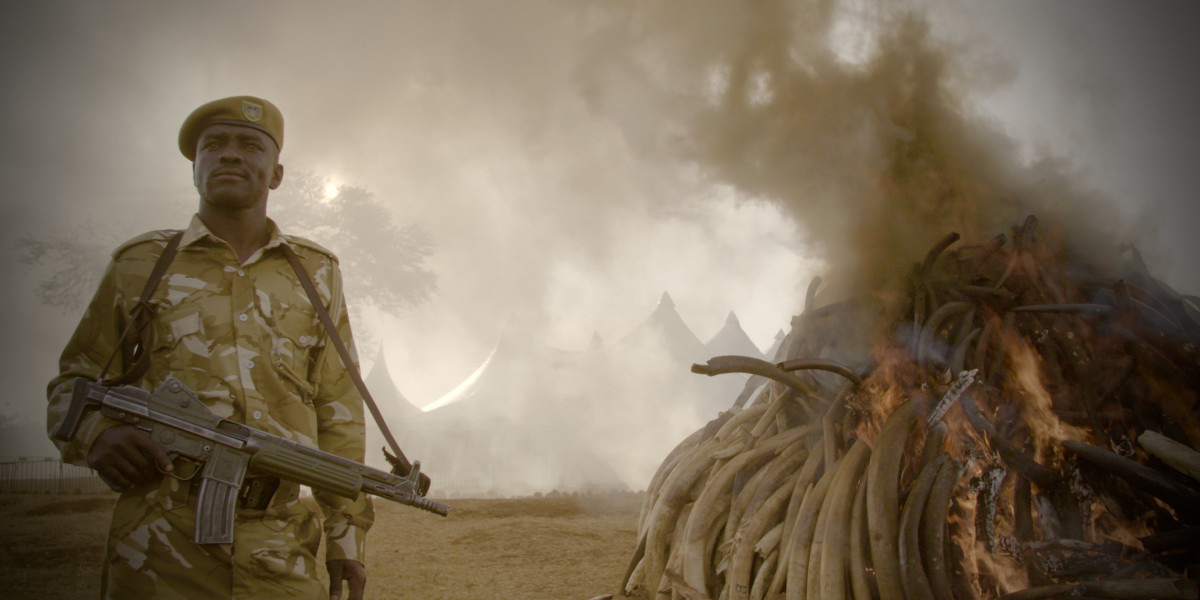
This issue of illegal trafficking, perpetuated by traffickers, poachers and buyers, is combination of a disassociation with the animals lost and damage done, as much as it is about poverty, demand and corruption. The illegal market for ivory is thriving in Southeast Asia, and specifically in China, without strict regulations and enforcement. A soaring demand for ivory products and displays around the globe is what keeps the industry alive and the elephants endangered.
Hongxiang Huang, a Chinese investigative journalist and activist, infiltrates commercial stores in China that boast of their manipulation of Chinese ivory laws. In an effort to curb in circulation of ivory, the Chinese government releases a national total of 5 tons of ivory a year to licensed dealers. Store owners are allotted a quota to sell but unable to fill the cap with legal ivory, turn towards the black market to crowd their storefronts. These are legal and licensed ivory dealers who are using illegal means and taking advantage of loose legal loopholes, expanding an obscene demand for ivory products.
When the buying stops, the killing can too.
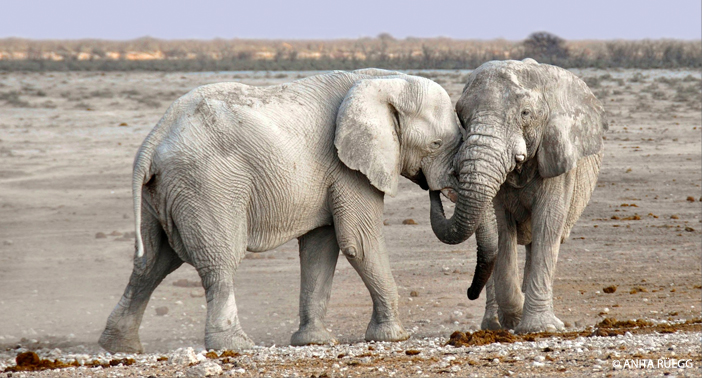
Poverty, weak governance and human-wildlife conflict all contribute to the perpetuation of poaching elephants, but the consumer demand for ivory products is perhaps more threatening than the aggregate effects of all other factors. Without a demand, the economic gains to be had from poaching and trafficking are undermined. The ivory trade is not simply a national or even African problem, but a global one and thus requires a global responsibility to disengage from the ivory trade. Ivory’s value is a social and cultural construct, meaning that we have the power to change its meanings and uses. No longer a sustainable or humane way of boasting and displaying affluence, ivory is not ours for the taking.
While a decreased consumer demand for ivory has a significant and direct impact on the volume of trafficked ivory circulating the globe, political and legal action is also critical. In July of this year, the United States banned all trade in ivory. As the world’s largest market for wildlife, this act of environmental leadership and responsibility is a huge step. But the United States’ counterpart, China, has loosely planned to end all ivory trade and circulation by 2025 and has not yet presented a definitive timetable. In our live chat with Under Secretary of Economic Growth, Energy, and the Environment, Catherine Novelli, she explained the negotiations with the Chinese government which were groundbreaking, yet still leave room for improvement. African countries also need to purge themselves of stored ivory in efforts to decrease its circulation and control domestic demand. Malawi burned its stocks of ivory in April of 2016, but other countries have yet to follow suit.
The possibility that our grandchildren, or even our children, will have to visit museums or flip through books to see an elephant is not only utterly unacceptable, but is a heartbreaking loss to our global heritage. To envision Africa void of this magnificent and compassionate creature is to accept world in which human greed takes precedence over life.
As with all precarious fights for the sovereignty and survival of species threatened by human greed, the future might appear to be a lost. But with increased media coverage, political prioritization and consumer awareness, hope and optimism for the future of elephants has not yet left us. In a Andrea Crosta’s simple words from The Ivory Game, “I have hope.”


